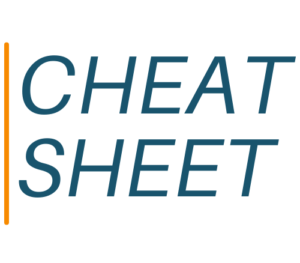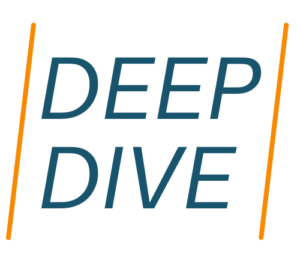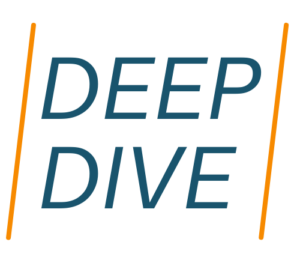The Atlantic’s Karen Hao Has A Big Idea
The Atlantic’s Karen Hao, in conjunction with the Pulitzer Center, is designing a course in AI for journalists. Classes begin next month. Details here. Might
The Atlantic’s Karen Hao, in conjunction with the Pulitzer Center, is designing a course in AI for journalists. Classes begin next month. Details here. Might
‘The Prompt” is not out yet, but you can sign up for it here.

Strangely enough, there’s not a whole lot of coverage on how banks are using AI. Where are all the curious journalists?
Digiday’s Sara Guaglione has a great scoop on how several publishers — including the FT, Forbes, Business Insider, The Guardian and others — are using
Substack author and Financial Times contributor Gary Marcus stops short of saying Gen AI is over, but does posit that the “bubble” could burst in
Here is the application to the U.S. patent office. You can already talk to OpenAI’s ChatGPT app. That was only the beginning.
Bloomberg last year announced its own AI technology, BloombergGPT, designed to help investors make decisions. BloombergGPT was built to draw from the treasure trove of

Just for fun, try creating the story pitch after the story is written. We did that this week, using generative AI. We pasted an already-published story into each of three GenAI tools and asked it to write a compelling PR pitch based on that article.

It’s 2026. You’ve got a new job, earning $250K a year as “VP, Pitch Analytics.” You’ve got a modest budget to retain freelance tech reporters. You manage an intern.

You need to be logged in to view this content. Please Log In. Not a Member? Join Us
YOUR ACCOUNT
FRIDGE NOTES
Former NYT reporter and Google Cloud EIC Quentin Hardy also interviewed Eric Savitz about his career and move to GM. Good reading.
The UK-based newsletter company called Trending Now uses AI to scrape what’s trending across 27 areas of B2B. Press Gazette has additional detail. The company employs ten, none of whom are journalists (by traditional definition).
The full union membership needs to ratify it on July 24, but it looks like no editors can be laid off or suffer a salary cut if the publication goes big in its use of generative AI. More detail here from Neiman.
Goldman Sachs took 32 pages to say pretty much that. The media business may turn out to be an outlier, an industry perfectly suited to synthetic, multilingual words, sounds and images at scale. As for everyone else, well, the global consultancies will learn the truth first because they have rushed to monetize Gen AI — they aren’t yet succeeding.
Three free one-month subs are available from SWMS, no catches or gimmicks. Get in touch for details. BT is among the best tech newsletters out there.